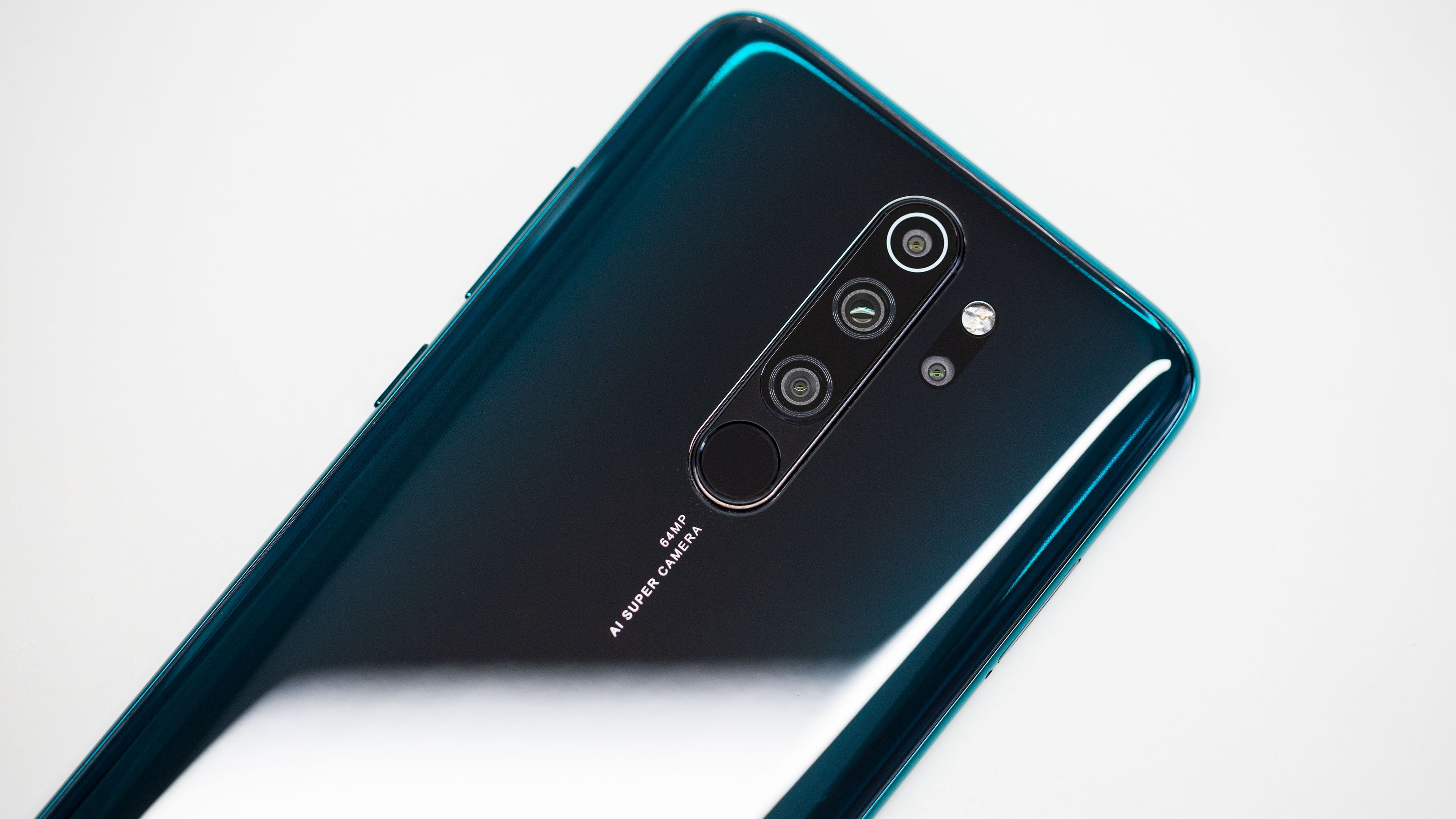
Repair Camera Xiaomi Note 8 Pro | Glass Repair Spare Parts - Mobile Phone Housings & Frames - Aliexpress

Xiaomi Redmi Note 8 Pro finally receives long-promised major Android and MIUI upgrades in India - NotebookCheck.net News

Xiaomi Redmi Note 8 Pro 6g Ram + 64gb/128gb Rom Smartphone 108mp Camera Snapdragon 732g 120hz Amoled Display Nfc - Mobile Phones - AliExpress

Redmi Note 8 Pro Review: A good all-round phone with something for everyone- Tech Reviews, Firstpost















